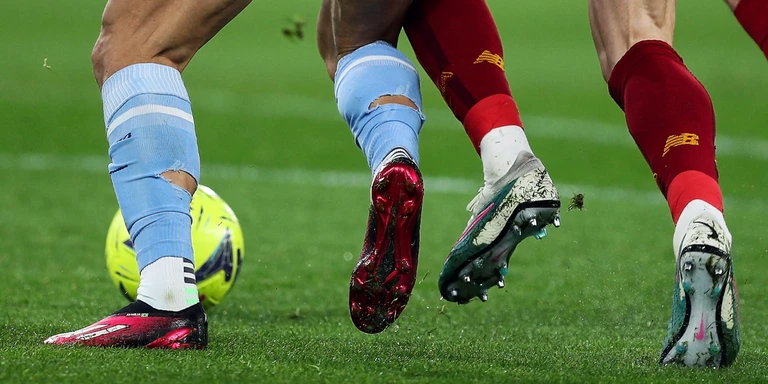The ongoing Indian Super League has endured its fair share of controversies because of numerous questionable refereeing decisions. The lack of Video Assistant Referee (VAR) in the premier tournament of India has had many teams missing out on deserving points. However, this is all about to change. The All India Football Federation (AIFF) on Saturday announced its plans to introduce VAR in both Indian Super League and I-League from the 2025-26 season.
The VAR system was first introduced in the 2016-17 FIFA season. It supports the referee’s decision-making in four critical situations: goal-scoring and goal-related offences; penalty decisions and penalty-related offences; direct red card situations; and mistaken identity situations.

Since its introduction in Australia and the US, VAR has been used in domestic club competitions in many countries around the world. However, although India flirted with the idea of introducing VAR in its domestic competitions before, the estimated cost of the technology has been said to be stumbling block.
Big decision: AIFF on VAR
It now looks like the AIFF has found a way to implement the much-needed system from the 2025-26 season.
“There will be a big decision on the introduction of VAR very soon. We are doing a study on that,” AIFF acting Secretary General M Satyanarayan told PTI in an interview.
Notably, Satyanarayan, became the acting Secretary General on November 9 after the unceremonious removal of Shaji Prabhakaran on “breach of trust”.
Satyanarayan is sure to add some brownie points from the Indian football fans after the announcement on VAR. However, he said it would be tough to implement VAR from next season.
Also Read:
- Harry Maguire receives positive messages from England teammates Jude Bellingham & Declan Rice
- Lionel Messi set to make history with another Olympics appearance? Know details
- Barcelona set to sell old Camp Nou seats as new way to solve financial issues?
“Introducing it next season might be difficult for the simple reason that FIFA has to approve the technology, there is a process. More than just getting the equipment, training of personnel takes a lot of time.”
“It can be 2025-2026 season, but you never know. Even if we start now (the process), it will take a minimum of 18 to 20 months (to complete it),” Satyanarayan added.





















































